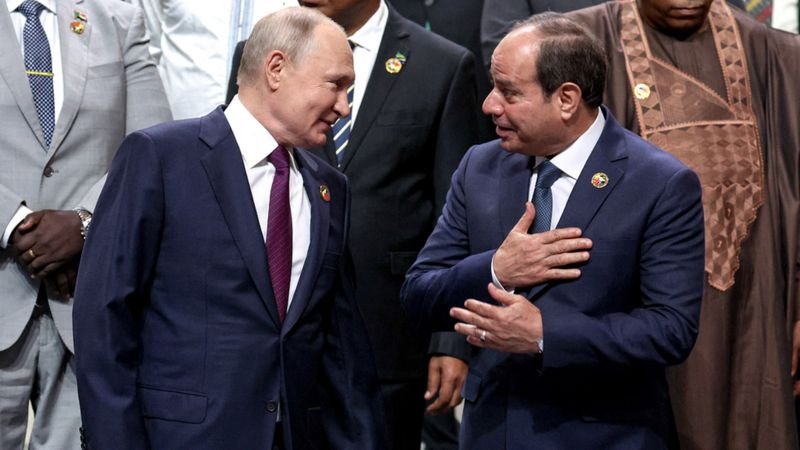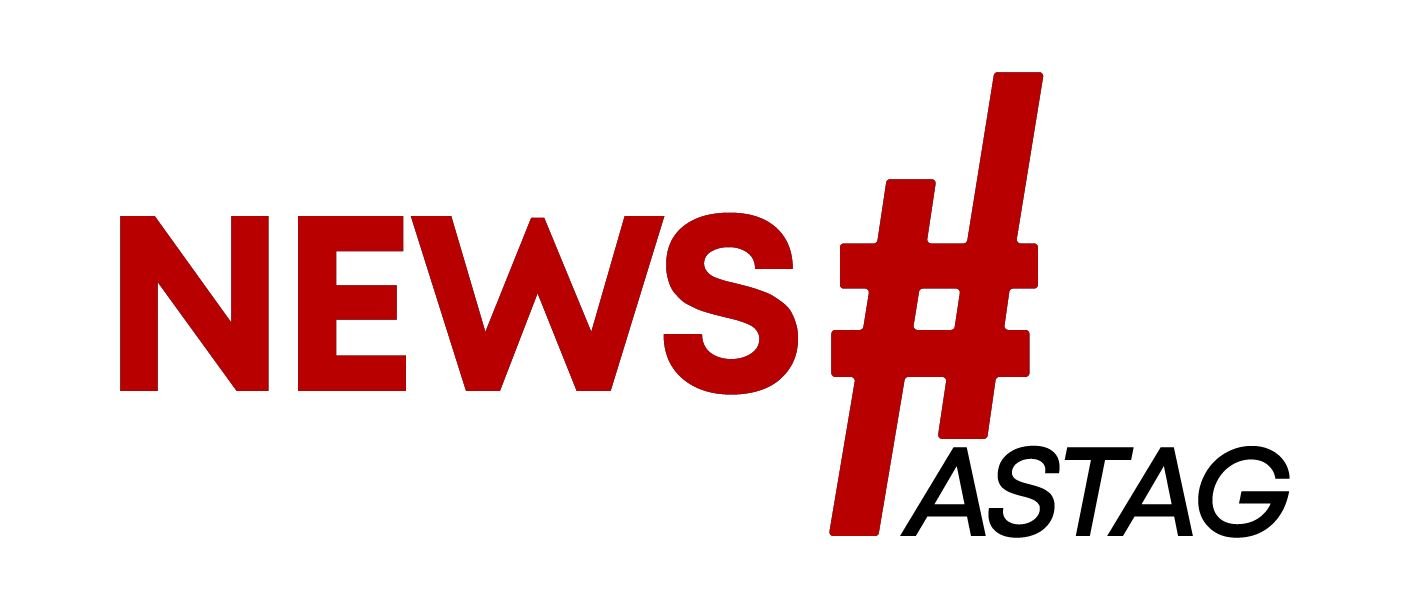Ukraine Grain Deal: Egypt Urges Putin for Renewal at Africa Summit
The Ukraine grain deal has been a critical factor in ensuring food security for many African countries. The deal, which allowed Ukraine to export its abundant grain supply, was struck in July 2022, with mediation from Turkey and the United Nations. However, Russia withdrew from the agreement, leading to a series of unfortunate events, including the bombardment of Ukrainian ports and depots, resulting in the destruction of thousands of tonnes of grain. This escalation led to a blockade of Ukraine’s Black Sea ports, leaving 20 million tonnes of grain trapped and causing global food prices to soar. As African leaders gathered at a summit hosted by Russian President Vladimir Putin, Egypt’s President Abdel Fattah al-Sisi took the opportunity to appeal for the renewal of the crucial deal, stressing its significance in supplying the poorest African nations. This article delves into the background of the Ukraine grain deal, the reasons behind Russia’s withdrawal, the aftermath of the conflict, and the African leaders’ plea for a peaceful resolution during the summit.
The Genesis of the Ukraine Grain Deal
The Ukraine grain deal emerged as a response to the country’s significant role as one of the world’s major suppliers of essential crops, including sunflower oil, barley, maize, and wheat. Ukraine’s fertile lands and agricultural productivity made it a key player in the global food market. In July 2022, a deal was brokered between Russia and Ukraine, with the mediation of Turkey and the United Nations. This agreement allowed cargo ships to travel along a designated corridor in the Black Sea, spanning 310 nautical miles in length and three nautical miles in width. The corridor served as a critical route for Ukrainian grain exports, ensuring a steady supply to various regions, especially those in Africa that heavily depended on these imports.
Russia’s Withdrawal and Its Impact
Unfortunately, the stability and food security ensured by the Ukraine grain deal were short-lived. Last week, Russia abruptly withdrew from the agreement, plunging the situation into uncertainty and distress. Following the withdrawal, Ukrainian ports and depots faced relentless bombings, leading to the destruction of thousands of tonnes of grain. The result was a catastrophic blockade of Ukraine’s Black Sea ports, effectively trapping an immense quantity of grain that was initially destined for export.
Putin’s Stance and Allegations Against the West
Russian President Vladimir Putin has defended his country’s decision to quit the Ukraine grain deal, citing the failure of the West to uphold its side of the bargain. Putin accuses Western nations of not fulfilling their commitments, which he claims left Russia with no choice but to withdraw from the deal. As a countermeasure, Putin offered Russian grain to six African countries, intending to fill the void left by Ukraine’s absence in the market.
African Leaders’ Call for Peace and Grain Supplies
Amid the escalating tensions and military aggression between Russia and Ukraine, African leaders voiced their concerns during the summit hosted by President Putin. Egypt’s President Abdel Fattah al-Sisi played a crucial role in the discussions, urging Putin to reconsider and renew the vital Ukraine grain deal. Al-Sisi emphasized the urgency of finding a solution to ensure a stable grain supply for the poorest nations in Africa, whose food security heavily relies on imports from Ukraine.
Peace Plan Proposals and Reactions
In addition to calling for the renewal of the Ukraine grain deal, African leaders proposed a comprehensive peace plan to address the ongoing conflict between Russia and Ukraine. The plan advocated recognizing the sovereignty of both countries, conducting urgent peace talks, and ensuring the uninterrupted flow of grain exports from Ukraine. Congo Brazzaville President Denis Sassou Nguesso stressed the significance of this peace plan, highlighting that it must not be underestimated in bringing about a resolution.
Ukraine’s Stance and the Need for Territorial Control
Despite the peace plan’s proposal, Ukrainian President Volodymyr Zelensky asserted that any solution that leaves Russia in control of the territories it has seized would be unacceptable. Zelensky’s firm stance reflects the deep-rooted concerns within Ukraine about safeguarding its territorial integrity and sovereignty.
The Ukraine grain deal, brokered in 2022, was a crucial arrangement that provided food security to several African nations. However, Russia’s unexpected withdrawal from the deal and subsequent actions, including bombings of Ukrainian ports, disrupted the stability of grain supplies. As African leaders gathered at the summit hosted by Russian President Vladimir Putin, Egypt’s President Abdel Fattah al-Sisi passionately urged for the renewal of the deal, emphasizing its vital role in supplying grain to the poorest African countries. Amidst this call for renewal, the summit also witnessed proposals for a comprehensive peace plan to address the escalating conflict between Russia and Ukraine. The urgency of finding a peaceful resolution to the conflict and ensuring food security for millions remains paramount as the international community closely observes the developments unfolding during this crucial summit.





